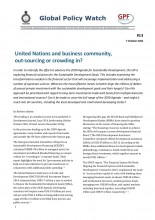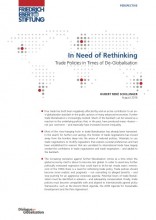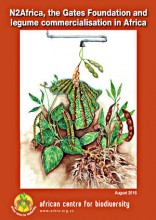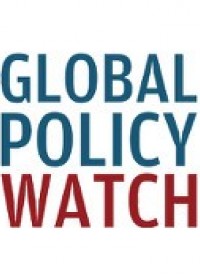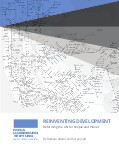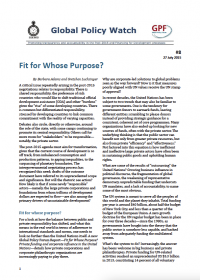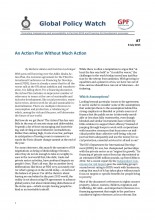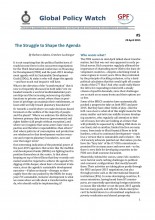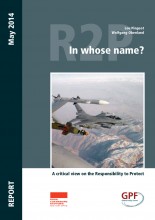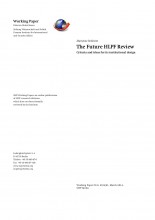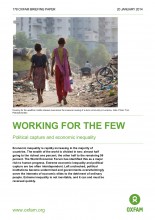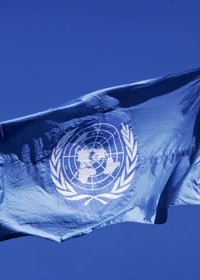
By Barbara Adams
In order to intensify the effort to advance the 2030 Agenda for Sustainable Development, the UN is exploring financial solutions for the Sustainable Development Goals. This includes examining the transformations needed in the financial sector that will encourage implementation and addressing a number of questions such as: What are the most effective means to better align the trillions of dollars of annual private investment with the sustainable development goals and their targets? Can this approach be prioritized [...]

